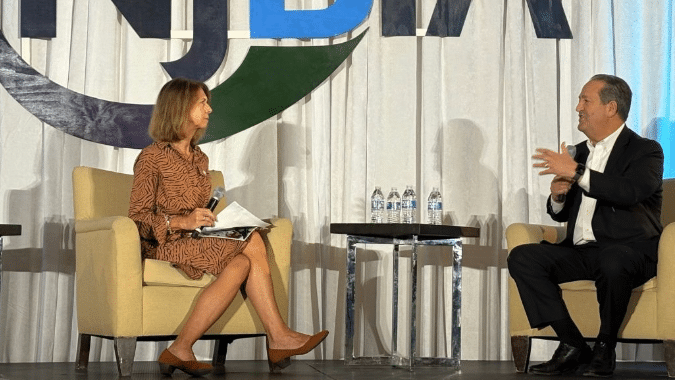
The New Jersey Business & Industry Association is urging the Assembly Appropriations Committee today to vote against a proposed $300 million health insurance tax that would increase costs for businesses, nonprofits and ultimately all employees who pay a portion of their healthcare premiums.
NJBIA Chief Government Affairs Officer Chrissy Buteas said bill A-4389 will impose a new 2.75% state excise tax on net, fully insured health insurance premiums for health benefits plans, MEWAs and dental and vision coverage.
“In a crisis such as we are in, NJBIA believes that enacting a tax on healthcare benefit plans will ultimately make healthcare less affordable for New Jerseyans and further harm the state’s business climate,” Buteas said.
“Both Senate Budget Committee Chairman Paul Sarlo and Assembly Budget Committee Chairwoman Eliana Pintor Marin have indicated in recent public remarks that they are opposed to new taxes on the very businesses that have been decimated by the pandemic and the government lockdown. We acknowledge the state has a long way to go in making health care affordable for all, but taxing healthcare premiums will not make health care any cheaper.”
Buteas said the new tax could force some employers to stop offering health benefits and lead to painful choices for those who buy coverage.
She highlighted the fact that the state’s unemployment rate increased to 16.6% in June, despite businesses being allowed to operate in some capacity that month. At the same time, only around 25% of New Jersey small businesses, self-employed and independent contractors received federal assistance through the Paycheck Protection Program and Economic Injury Disaster Loans.
“Due to insufficient aid, many of the remaining businesses have struggled through this crisis on their own,” Buteas said. “Small businesses are the backbone of New Jersey’s economy. In order to ensure a strong economic future of our state, our businesses need to begin to recover so that they can re-employ our civilian workforce.
"Now is certainly not the time to further increase health benefits costs for employers or employees.”
The proposed state tax mirrors a federal tax that was imposed nationally as part of the Affordable Care Act (ACA). In 2019, Congress permanently repealed it after twice suspending the tax because it would have led to a 2.2% increase in health insurance costs for individuals, employers, workers and Medicare Advantage members. New Jersey’s policymakers should reject any new health insurance tax on the state level as well, Buteas said.
The tax is also opposed by dozens of other business groups and medical organizations, which wrote a joint letter to Gov. Phil Murphy and members of the Legislature on July 20 saying the legislation would compound the financial hardships facing New Jersey businesses.
To read Buteas’ full written testimony, click here.




